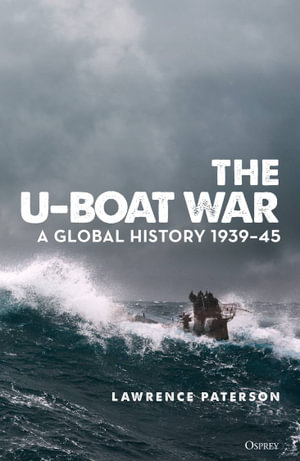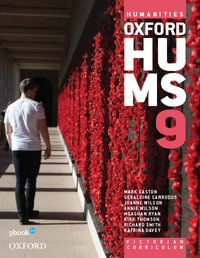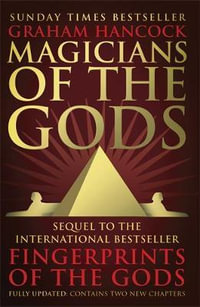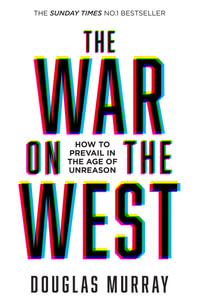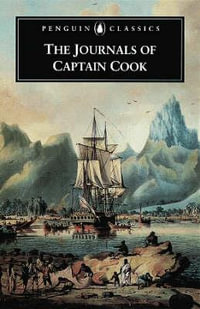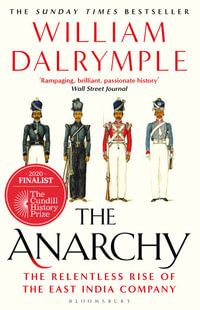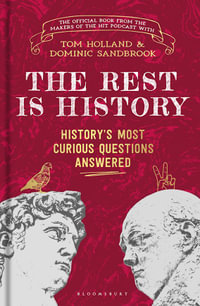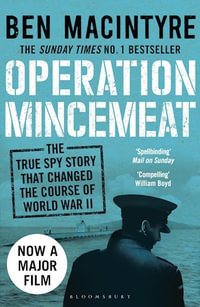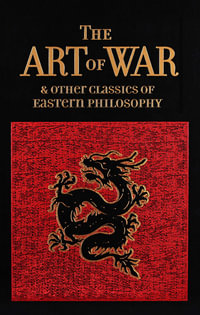A unique perspective of the global history of U-boats during the entirety of the Second World War by Lawrence Paterson, one of the world's leading U-boat experts.
The accepted historical narrative of the Second World War predominantly assigns U-boats to the so-called "Battle of the Atlantic," almost as if the struggle over convoys between the new world and the old can be viewed in isolation from simultaneous events on land and in the air. This has become an almost accepted error. The U-boats war did not exist solely between 1940 and 1943, nor did the Atlantic battle occur in seclusion from other theaters of action. The story of Germany's second U-boat war began on the first day of hostilities with Britain and France and ended with the final torpedo sinking on May 7, 1945. U-boats were active in nearly every theater of operation in which the Wehrmacht served, and within all but the Southern Ocean. Moreover, these deployments were not undertaken in isolation from one another; instead they were frequently interconnected in what became an increasingly inefficient German naval strategy.
This fascinating new book places each theater of action in which U-boats were deployed into the broader context of the Second World War in its entirety while also studying the interdependence of the various geographic deployments. It illustrates the U-boats' often direct relationship with land, sea and aerial campaigns of both the Allied and Axis powers, dispels certain accepted mythologies, and reveals how the ultimate failure of the U-boats stemmed as much from chaotic German military and industrial mismanagement as it did from Allied advances in code-breaking and weaponry.
About the Author Lawrence 'Larry' Paterson was born in Matamata, New Zealand and moved to the United Kingdom in 1988 as a working heavy metal drummer. Over the decades that followed he toured as a musician, recorded several highly regarded albums and also became a scuba diving instructor, eventually spending time living in France and researching German wrecks from the Second World War in Breton waters. His first book,
First U-boat Flotilla, was a direct result of his time near Brest, home of that particular U-boat flotilla. He also spent a period of time as a member of the Royal Navy Submarine Museum Archive Working group, specialising in U-boat records. His interest in the Second World War, and particularly the German forces, dates back to his childhood and he attributes much of his interest to both grandfathers - one who was an ANZAC during the First World War and the other who was a Royal Navy stoker during the Second. Now, he divides his time between writing/researching, teaching scuba diving (with an emphasis on wreck diving) and playing drums in various heavy metal bands. His naval books have been published worldwide.
